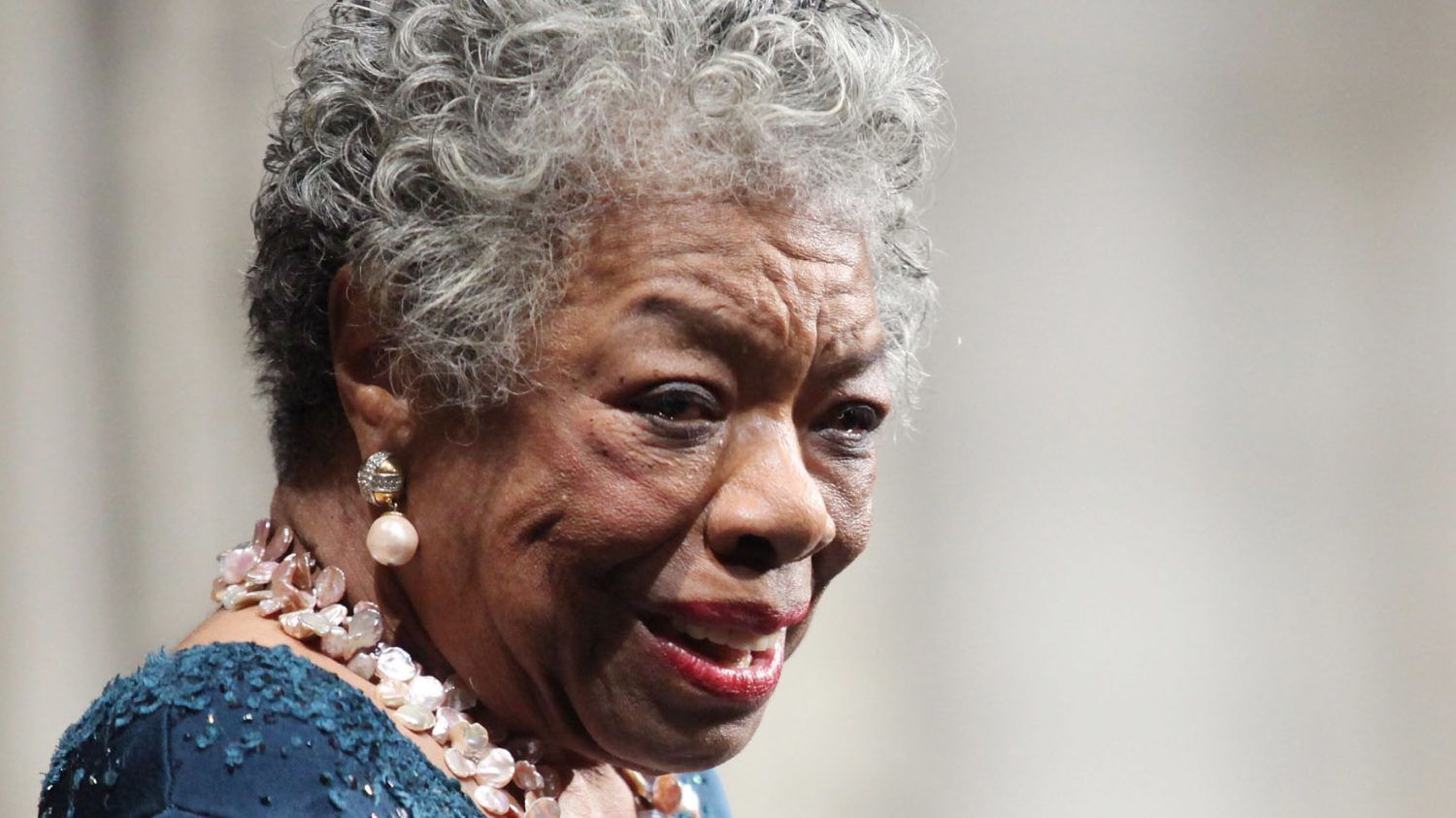Destination Funerals
7 Steps to consider when planning a destination funeral

A destination funeral is a funeral service held at a location that is significant to the Loved One or their family, rather than a traditional funeral home or church. Planning a destination funeral can be a meaningful way to honor a loved one in a place that held special significance to them. Whether it’s a serene beach, a beloved hometown, or a location that was a favorite travel spot, a destination funeral allows for a deeply personal tribute. However, organizing such a service comes with unique challenges. Here are some tips to help you navigate the process and ensure a smooth, heartfelt ceremony.
1. Choose the Right Location
Selecting the perfect location is crucial. It could be a place that your loved one always dreamed of visiting or a location where they spent some of their happiest moments. Consider factors like accessibility for guests, local customs, and the availability of funeral services in the area. If possible, visit the location beforehand to get a feel for the space and make necessary arrangements.
2. Understand Local Regulations and Customs
Different countries and regions have their own laws and customs regarding funerals and burials. It’s essential to research and understand these regulations to avoid any complications. For example, some countries have specific requirements for transporting remains or might require certain permits. Consulting with a local funeral home or a destination-specific funeral planner can provide invaluable guidance.
3. Coordinate Travel and Accommodation for Guests
Traveling for a funeral can be a significant expense and logistical challenge for guests. To help ease the burden, consider coordinating group travel arrangements or securing discounted rates at local hotels. Providing guests with detailed information about the location, including transportation options, nearby accommodations, and local amenities, can also make the experience less stressful.
4. Consider a Local Funeral Director
Working with a funeral director in the destination country can be incredibly helpful. They’ll be familiar with local laws, customs, and vendors, making it easier to arrange a ceremony that meets your expectations. A local director can also assist with paperwork, permits, and other formalities, allowing you to focus on honoring your loved one’s memory.
5. Personalize the Ceremony
A destination funeral offers a unique opportunity to create a personalized and memorable ceremony. Incorporate elements that reflect the location and your loved one’s personality. This could include using local flowers, incorporating cultural traditions, or selecting music that resonates with the setting. Consider hosting a small, intimate ceremony that allows guests to share memories and celebrate the deceased’s life in a meaningful way.
6. Plan for Unexpected Challenges
Planning a destination funeral often involves dealing with unforeseen challenges, such as weather, travel delays, or language barriers. It’s essential to have contingency plans in place. Communicate openly with your guests about potential issues and keep a flexible mindset. Having a backup plan for key aspects of the ceremony can help ensure that everything goes smoothly, even if things don’t go exactly as planned.
7. Create a Lasting Memorial
To make the destination funeral even more meaningful, consider creating a lasting memorial at the location. This could be a small plaque, a tree planting, or a donation to a local charity in your loved one’s name. Such gestures can provide a permanent connection to the place that was special to them and offer a point of remembrance for future visits.
Conclusion
Planning a destination funeral requires careful consideration and detailed planning, but it can result in a deeply personal and memorable tribute to your loved one. By selecting the right location, understanding local customs, and personalizing the ceremony, you can create a fitting farewell that honors their life in a place they cherished.











